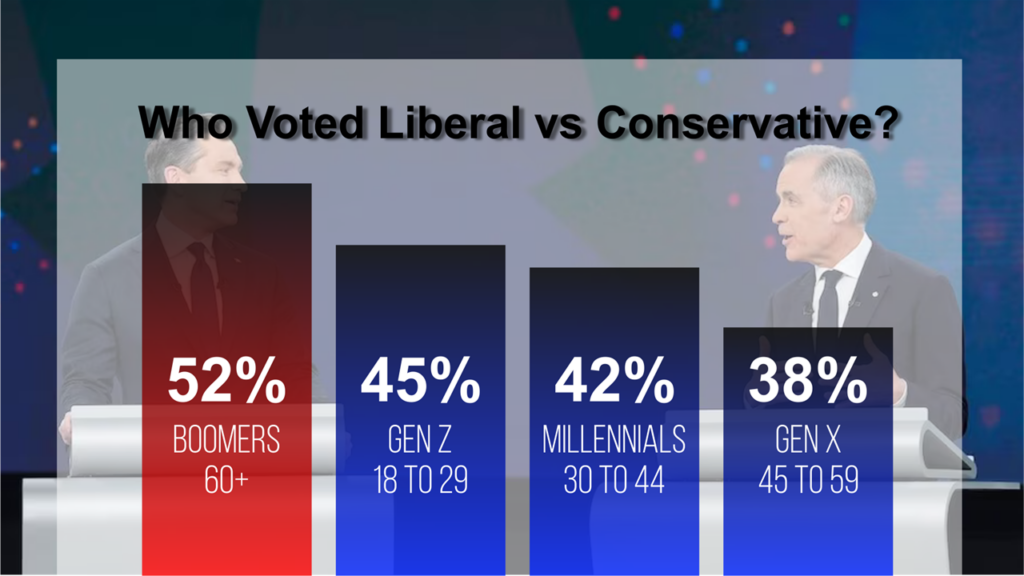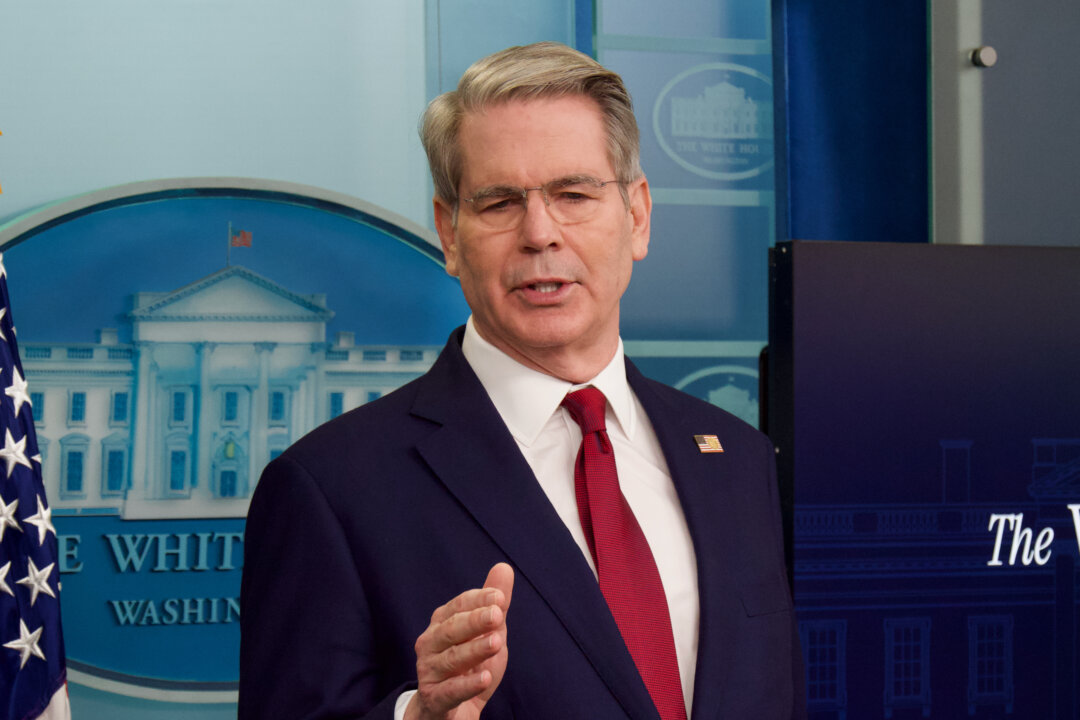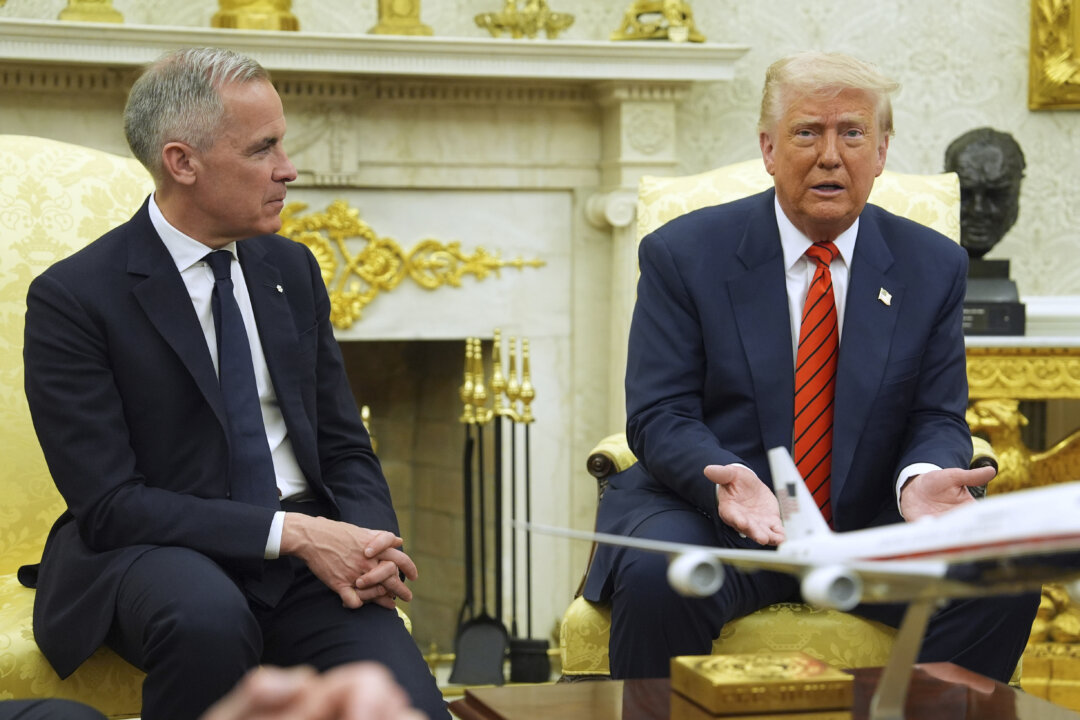Evening News Podcast for Wednesday, April 30
1 Comments
Leave a Comment Cancel Reply
You must be logged in to post a comment.
I’m Will Dove and this is the evening news for Wednesday, April 30th. Next week, Ottawa will be the focal point as Canadians gather for the annual National March for Life, advocating for the protection of unborn children from conception. Scheduled to take place on May 8th, the 28th National March for Life will see participants assemble on Parliament Hill to express their pro-life stance. This year's theme, organized by the Campaign Life Coalition, emphasises 'protection at conception.' Event organiser Debbie Duval highlighted the significance of the march, stating that it serves to unify the pro-life movement and reinforce the belief that life, granted by God, is sacred and worthy of protection. Maeve Gainey, CLC Youth Coordinator, drew parallels between the theme and a biblical passage about a mustard seed—a metaphor for the value and potential inherent in even the smallest human life. In addition to the march, the CLC has announced the inaugural 'Save the Babies Summit' for May 9th, aiming to unite grassroots activists for political, legal, and cultural change advocacy. Beginning on May 6th, a series of events will pave the way for the main rally. These include a 'Songs for Life' coffee house, Masses, and prayer services. The rally itself will take place from 12:30 p.m. to 1:30 p.m., followed by a march through downtown Ottawa. The day will conclude with testimonies from post-abortive members of the Silent No More Awareness Campaign. The Rose Dinner, featuring keynote speaker Emily Stimpson Chapman, will delve deeper into the theme of safeguarding life from conception. For more information, attendees can refer to the event's official schedule at marchforlife.ca. The issue of transgender surgeries is stirring debate as illustrated by recent decisions and public reactions. A notable case in Ontario involves a court ruling mandating the province to finance a unique surgery for a transgender individual desiring both male and female anatomical features. This decision, supported by the Ontario Court of Appeal, has fueled discussions about the extent and nature of gender-affirming care. Critics argue this exemplifies an entrenched ideology in medical practice, while proponents see it as a step towards inclusivity and recognition of diverse gender identities. In a related development, a UK report highlights accusations against cosmetics company Lush for distributing allegedly propagandistic materials to children, equating modern gender advocacy with historic regimes. This has sparked further discourse on the influence and appropriateness of such materials in educational contexts. Tariffs are having an impact on the U.S. economy, and it’s not a good one. United Parcel Service (UPS) has announced plans to reduce its workforce by 20,000 jobs and shut down 73 centres in the United States by the end of June. This decision comes as part of a strategic move to streamline operations and reduce dependence on Amazon amid fluctuating business conditions. UPS Chief Executive Officer Carol Tomé stated the company is aiming to enhance efficiency through reconfiguring its network and increasing automation. Although UPS has enjoyed a long-standing relationship with Amazon, the shift in focus is driven by reduced profitability from Amazon's business. As UPS pivots towards automation, this move will impact approximately 4% of its global workforce. UPS has experienced a 16% drop in Amazon-related volume in the past quarter, projecting further reductions exceeding 50% by mid-2026. The Teamsters union has voiced opposition to potential impacts on union-represented jobs, vowing to resist any threats to their members. Despite the job cuts, UPS reported a net income of $1.19 billion in the first quarter, surpassing analyst expectations. However, the company remains cautious about ongoing economic uncertainties, including tariffs on Chinese imports, which could influence future earnings. UPS continues to project a 2025 revenue outlook of $89 billion while navigating these challenges. The US economy faces significant challenges as the Congressional Budget Office (CBO) issues a dire forecast regarding the nation's debt trajectory. The CBO warns that the federal deficit has reached an irreversible state, projected to rise to 7.3% of GDP by 2055, with public debt potentially hitting 156% of GDP. This situation follows the US economy's contraction by 0.3% in the first quarter, marking the first shrinkage since 2022. Amidst these economic tensions, President Donald Trump has maintained a firm stance on tariffs, stating that they will ultimately benefit the economy. Trump's administration places blame on the previous administration for the economic downturn, as observed in recent GDP results. While the White House touts robust private investment and export growth, economic experts express concerns about escalating interest payments and potential impacts on foreign investment. The decline in Amazon shipments, resulting in UPS's restructuring, further adds to the economic complexities. Furthermore, Starbucks' efforts to revitalise its operations by hiring more baristas and curtailing automation highlight ongoing struggles within the business sector. As global markets respond to these developments, the US continues to grapple with economic instability and the implications of its trade policies. President Donald Trump recently expressed significant doubt regarding the possibility of a peace deal between Ukraine and Russia. In an interview with Glenn Beck, Trump highlighted what he perceives as Russian President Vladimir Putin's willingness to negotiate, contrasting this with Ukrainian President Volodymyr Zelensky's demands for security assurances. Trump voiced concerns that Ukraine, if unable to secure a deal, would be overwhelmed by Russia's military forces, describing it as a "big war machine." He argued that without a treaty, Ukraine is at risk of being "crushed very shortly" given the imbalance in power. The U.S. announced today that it is ready to sign a minerals deal with Ukraine in return for assistance, however Zelensky’s government has not yet responded. Meanwhile, tensions have been exacerbated by footage showing North Korean troops receiving training in Russia. The video, released by Russia’s Defence Ministry, showcases North Korean soldiers engaging in various combat exercises alongside Russian forces. This training forms part of a mutual defence treaty between Russia and North Korea. Reports suggest that approximately 14,000 North Korean special forces have been deployed in support of Russian operations. The impartiality of the United Nations Relief and Works Agency for Palestine Refugees in the Near East (UNRWA) has been questioned by the US at the International Court of Justice. Josh Simmons from the US State Department cited concerns over alleged associations between UNRWA staff and Hamas, including involvement in the October 7th terrorist attack against Israel. These concerns were presented during ICJ hearings, which aim to assess Israel's obligations towards UN agencies operating in Gaza. The controversy around UNRWA adds to existing tensions, with Israel opposing the hearings as a form of delegitimisation. Meanwhile, in Israel, a controversy has erupted following a comment by Sara Netanyahu, wife of Prime Minister Benjamin Netanyahu. She was overheard saying that fewer than 24 Israeli hostages remain alive in Gaza, contradicting earlier official statements. This comment, captured during a public event, has caused distress among families of the hostages and led to increased demands for transparency from the Israeli government. The United Kingdom has carried out air strikes against Houthi targets in Yemen, marking the first such action since US President Donald Trump's recent re-election. The strikes, executed by Royal Air Force Typhoon jets equipped with guided missiles, targeted a cluster of buildings used by the Houthis for drone manufacturing. The Ministry of Defence confirmed the operation in coordination with US forces aimed at disabling the Houthis' capability to carry out drone attacks on ships in the Red Sea. Houthi leaders have issued stern warnings to the UK about potential retaliatory actions, alleging their commitment to supporting Palestinians amid the conflict involving Israel and Hamas. Defence Secretary John Healy emphasized the necessity of these strikes to ensure the safety of British and international shipping, considering the severe economic repercussions of disrupted shipping routes in the region. The strikes, conducted with precision guided bombs, have been reported as successful with no civilian casualties, aligning with the ongoing US campaign against the Houthis. In the Commons, Prime Minister Sir Keir Starmer commended the professionalism and bravery of the involved service members. This action marks the UK's first direct military engagement against the Houthis since Trump regained office, reinforcing the international efforts to stabilize the region. As US President Donald Trump imposes tariffs on Chinese goods, China's internal economic challenges surface prominently. Despite the 145% tariffs, China shows resilience and an assertive stance under President Xi Jinping, who emphasizes China's tradition of self-reliance. This comes amid China's own economic woes, including a severe housing market slump and rising youth unemployment, factors that dampen domestic spending. Experts like professor Zhao Minghao suggest that China's real challenge lies in adjusting its domestic policies to boost internal demand. With significant investment in AI and consumer electronics sectors, China aims to bolster its domestic market, but is hindered by economic uncertainties and a hesitant consumer base. The Chinese government is implementing support measures such as subsidies and wage increases to stimulate spending. Meanwhile, China's diversification of trade relations, particularly with countries outside the US sphere like those in Southeast Asia and Africa, suggests a strategic pivot in response to US economic pressure. A lawsuit funded by Children’s Health Defense targets the CDC's Vaccines for Children Program, alleging it coerces pediatricians to administer Covid vaccines to Medicaid-enrolled children, violating their professional judgment. Filed by a California pediatrician, the lawsuit claims this program infringes on the Fifth Amendment by imposing different treatment standards on Medicaid children. The suit also questions the inclusion of Covid vaccines in the CDC's immunization schedule, highlighting potential conflicts of interest within the CDC’s Advisory Committee on Immunization Practices. Concurrently, bioinformatics researchers have linked mRNA Covid vaccines to a rise in myocarditis and sudden heart deaths. The study, published in the American Journal of Translational Research, identifies genetic alterations caused by the vaccines, leading to immune dysregulation and heart conditions. Catherine Austin Fitts, a former US government official, has reiterated concerns over central banks' role in global economics and their potential preparations for future crises. In a recent discussion, she highlighted how central banks are transitioning currency systems into digital control grids, possibly in anticipation of significant global events. This move raises alarms about privacy and financial freedoms as it could lead to increased surveillance and control over public and private financial transactions. Additionally, recent critiques involve the World Bank and IMF, accused of supporting restrictive Covid policies that have inadvertently strengthened governmental control in various regions. Critics argue these institutions fuel economic dependencies that complicate efforts for genuine political and economic reforms. Oil prices have experienced a significant drop, marking the steepest decline since 2021, following Saudi Arabia's decision to potentially embrace lower oil prices. Reports indicate that Saudi officials are preparing for a prolonged period of low prices, signalling a strategic shift towards increasing market share rather than supporting high prices through production cuts. This policy change comes amid frustrations with OPEC+ members exceeding production quotas, notably Kazakhstan, which has complicated efforts to stabilize prices. The potential for increased production raises questions about the economic impact on oil-dependent economies, as lower prices could strain national budgets heavily reliant on oil revenue. This development may influence global markets, with implications for energy-dependent economies and consumers worldwide. I’m Will Dove and that is the news for today, Wednesday, April 30th.















Please put the time bar back on the podcast interface. It helps to know how long the podcast is and how much time is left to run.